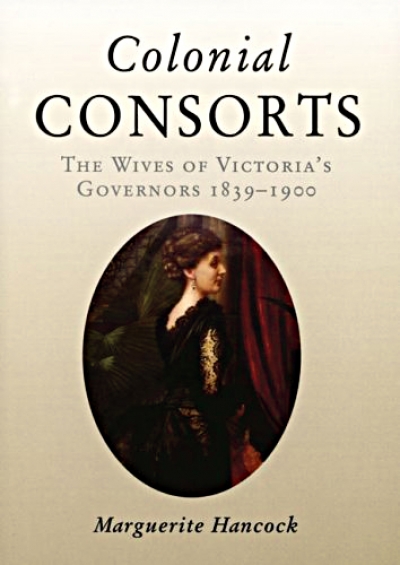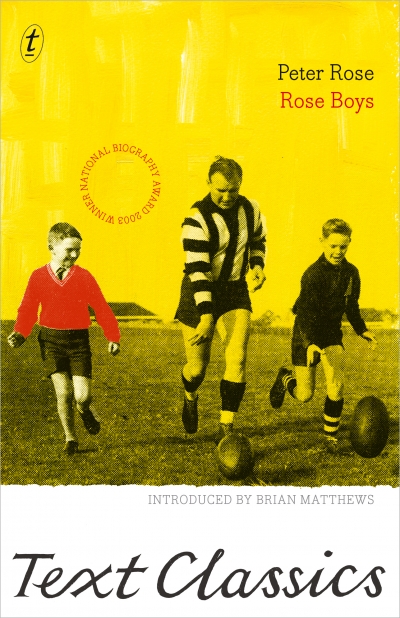Archive
I suspect that even his contemporaries found Matthew Flinders strange and not entirely likeable. His father hoped that, like his grandfather and himself, Matthew would become a surgeon, but filled with enthusiasm for adventure after reading Robinson Crusoe, the youth insisted on a career in the navy. He wrote to the woman who would become his long-suffering wife in a style that would have been stilted even then, one that conveyed his undoubted affection in such a self-conscious way as to leave the modern reader with an unpleasant sense of self-righteousness. Amid preparations for the Investigator voyage, Flinders told his father: ‘I have no present or future intention of marrying either [Ann Chappelle] or any other person, but leave England only wedded to my ship.’ Then, when his father declined to provide him with the funds he needed to underwrite the marriage he was in fact contemplating, Flinders replied peremptorily that his father should henceforth consider that he had four children rather than five.
... (read more)Colonial Consorts: The wives of Victoria’s governors, 1839–1900 by Marguerite Hancock
The Boyer Collection: Highlights of the Boyer lectures 1959–2000 edited by Donald McDonald
Two Prayers to One God: A Journey towards Identity and Belonging by George Szego
Travelling to the Association for the Study of Australian Literature (ASAL) conference on the morning tram, I marvel at Melbourne’s sophistication and self-regard. In Swanston Street, new sculptures honour John Brack’s satire of Melbourne’s regimented workers, while in front of the State Library there’s a classical portal half buried in the pavement, as if the ancient world lies below. At the Trades Hall in Carlton, the framed wall directory is ‘Heritage Only’, so I follow the photocopied paper arrows to the conference venue. There’s more historical self-consciousness here than in the new National Museum in Canberra. Banners assert the importance of eight hours’ work, recreation and rest, and there is a massive socialist realist representation of good Australian workers toiling to keep the country alive. We’re in the sacred place of the Left: Frank Hardy, Stephen Murray-Smith, Judah Waten surely haunt us here.
... (read more)Of all major South-East Asian nations, the Philippines is least known in Australia, and rarely studied, even in our universities. The material and historical differences between the two countries seem to have blinded us to the interests our two countries share. Australia did not support the long Filipino struggle for independence, as with Indonesia’s, nor actively oppose it, as with Vietnam’s. Nonetheless, both countries were part of SEATO and supported US involvement in Indo-China. Within ASEAN, the Philippines has often been the country most sympathetic to greater links with Australia, and the Philippines is regarded as a high-priority country for development assistance by Ausaid.
... (read more)Attending a poetry festival is not normally considered a life-threatening event (not even if you are prone to deep vein thrombosis from constant sitting) but when I told my family I was going to Struga, I was greeted by worried looks and expressions of deep concern. Struga is in the Republic of Macedonia. Just days before, Macedonian hotheads had set fire to a mosque in Prilip (not that far from Struga) in revenge for the death of a Prilip policeman in a road-mine explosion planted by Albanian terrorists. The hair-trigger tensions in that country were clearly dangerous, and possibly escalating.
... (read more)





